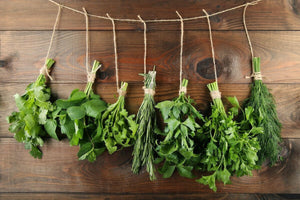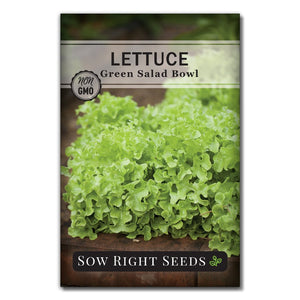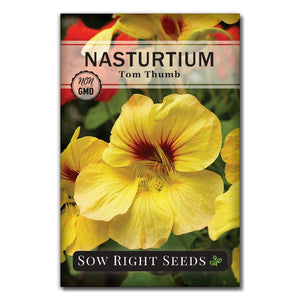Don't Drown Your Plants! Crucial Tips to Prevent Damping Off
Starting seedsHave you ever heard of damping off? Sometimes a whole tray of sensitive seedlings can be lost to damping off, causing a lot of frustration. It’s heartbreaking to see your seeds emerge only to lose them right after!

What Is Damping Off?
Damping-off is a disease of seedlings. It can occur before or after the seeds emerge from the soil. It is caused by soil fungi.
When the growing environment isn’t controlled, pathogens such as Rhizoctonia spp., Fusarium spp., and Pythium spp. can thrive and attack your plants before they’ve had a chance to grow. This can happen quickly, and it kills seedlings.
Fortunately, there’s a lot that gardeners can do to prevent this condition. Plants that have established a strong, healthy root system are more resistant to this problem, so your goal is to get the plants past the seedling state without damping off.

Tips to Prevent Damping Off
Clean Your Gardening Equipment
Always clean the equipment used to work with your plants, and store tools in a dry place.
To prevent damping off, sterilize all pots before using them to grow new plants. Soaking them in a 10% solution of household bleach for 30 minutes will kill off pathogens.
Do not use garden compost or reuse potting soil for starting seeds.

These onion seedlings were too wet and cold. There was also fungus on the wooden label.
Avoid Overwatering
Wet conditions are perfect for the pathogens that cause damping off. This is why it’s critical not to overwater your seeds and seedlings. Every time you see the warning to keep your seeds moist but not wet, this is why.
Make sure the potting medium you use has good drainage, and don’t allow it to become soggy.
Watering from the bottom and allowing the soil to wick up the water will keep the top from being too soggy.
Use warm water, not cool water, for watering.
Wait to Fertilize Seedlings
Overfertilizing can be fatal to seedlings. Wait until they have at least one set of true leaves. Then use a diluted amount of fertilizer mixed with water.
Have Adequate Light
Make sure your plants have plenty of light if you’re starting them inside. Seedlings need 12-16 hours under a grow light or fluorescent light. A window won’t provide enough light. Lastly, wait to fertilize your seedlings until the first true leaves have emerged.
Allow for Airflow
Having adequate airflow can help prevent mold growth. Take off humidity domes and coverings as soon as the seedlings emerge.
The use of a fan can help air circulate. Just make sure it is a very small amount of wind.
Soil Temperature
Soil temperature that is too cool for the type of seeds can lead to slow germination.
When starting seeds indoors, you can use a heat mat underneath trays to keep the soil warm.
Don’t plant seeds or seedlings outdoors until the soil has reached optimal germination temperature.
Seeds that take too long to sprout and establish strong roots are vulnerable to pathogens, and pathogens have extra time to breed.
Damping off is a frustrating problem. But with these tips and a little care, you can avoid the pitfalls that can lead to damping off and give your seeds a great start!
Written by Teresa Chandler







can you please show what damping looks like some of vegetable gardeners do not know what it looks like.
Leave a comment